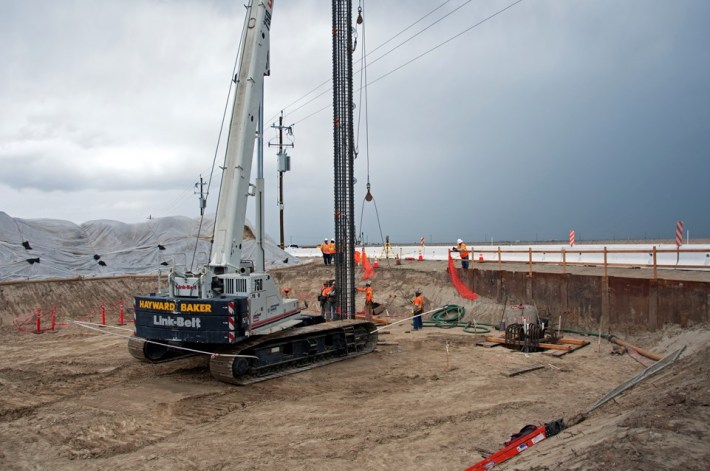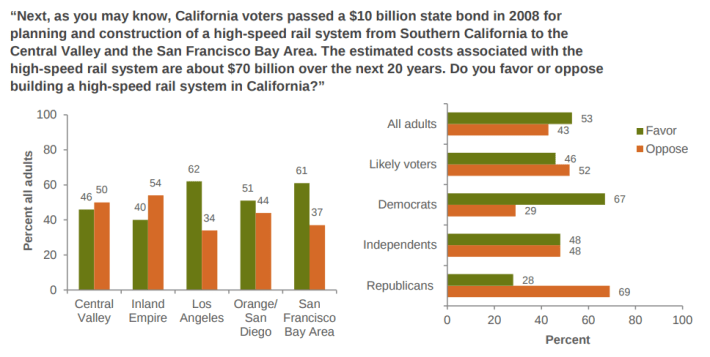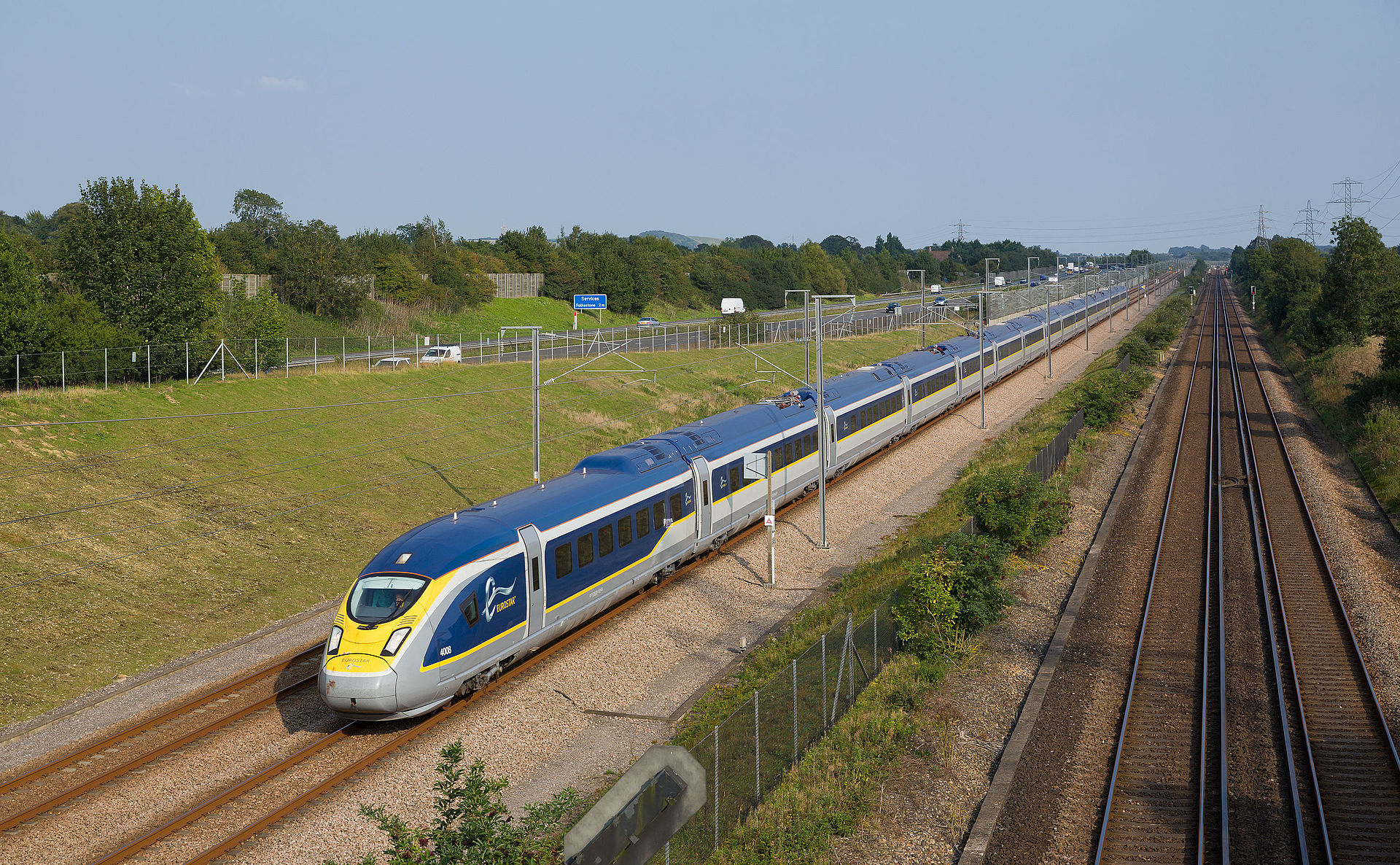Note: GJEL Accident Attorneys regularly sponsors coverage on Streetsblog San Francisco and Streetsblog California. Unless noted in the story, GJEL Accident Attorneys is not consulted for the content or editorial direction of the sponsored content.
The majority of Californians still support the state's high-speed rail project, with 53 percent in favor, and 43 percent opposed, according to a new poll from the Public Policy Institute of California (PPIC). That's up from 48 percent in favor when the survey was conducted last year, despite revelations that costs have risen substantially.
Support remains especially strong in the Bay Area, with 61 percent in favor.
It's amazing that support for the project remains strong, considering the beating it continues to take in the press.
CALmatters columnist Dan Walters, in "Bullet train is a solution in search of a problem," and the Bay Area News Group's Daniel Borenstein, with "Jerry Brown’s embarrassing bullet-train bragging to Trump," were just two of many writers who once again pilloried the project. "The bullet train, however enticing, is not a wise use of tens of billions of transportation dollars. It wasn’t when voters passed Proposition 1A in 2008, and the situation is worse today," wrote Borenstein in his piece.

Long-time opponents, such as Borenstein and Walters, started their recent editorials against the program ostensibly because costs have risen, but then lapse into making the same points they did before the voters approved HSR in 2008. "California has no shortage of transportation problems, but traveling between San Francisco and Los Angeles isn’t one of them," writes Walters in his recent piece (has he ever traveled between S.F. and L.A.?).
It's also worth noting that the Los Angeles Times wrote about the PPIC poll as it applies to political candidates, but once again conspicuously failed to mention the results of the HSR question. As Streetsblog has pointed out before, the Times deliberately omits positive news and information about HSR.
"Nothing much has changed when it comes to attacking rail in America," wrote Andy Kunz, President and CEO of the US High Speed Rail Association. "If you dig behind the surface of this, it is always the same--the ongoing influence of the auto/highway/oil lobby in America. They've been saying the same things, doing the same things, etc. for decades."
As Kunz sees it, the continued popularity of the project, despite the media bias and the incessant and often false attacks against it, are an indication that Californians are probably traveling to Europe and Asia and experiencing high-speed rail first hand. They take bullet trains between Paris and London, Tokyo and Osaka, Beijing and Shanghai, and ride top-notch connecting services, and then wonder why traveling around California has to be so slow, frustrating, and unreliable. You can't keep telling people that HSR will never work to make their lives better and their travels easier when they've experienced it first hand overseas.
"The evidence is all around the world, EVERY country that has invested in HSR has benefited enormously, and continues to benefit, while America continues to get worse (in terms of oil dependency, congestion, highway deaths, sluggish economy from sluggish transportation)," added Kunz. "It's quite amazing how they have kept America stuck in a sort of time-warp of the 1950s, while the rest of the world has bolted into the 21st century."

Of course, many, including the mostly Republican opposition to HSR and writers such as Borenstein, are crying for a redo of the only high-speed rail poll that really matters: the November 2008 vote to approve the project. The argument goes that voters deserve another chance because they were "lied to" about construction costs.
They might have a point--if the PPIC poll had shown public support cratering. But it's now widely known that costs are higher than original assumptions (in fact, that information was included in the PPIC polling question) and yet there's been little change in support. That said, Dan Richard, Chairman of the California High-Speed Rail Authority Board, reportedly said that he would not oppose a re-vote on the project in 2020. That may simply be because a second voter affirmation would be a powerful tool to hush opponents (plus the 2020 presidential election is expected to bring out oodles of progressive voters). It would be a risky proposition for HSR, since the PPIC poll also shows that a majority of "likely voters" oppose the project, so everything would hinge on voter turnout.
The PPIC survey conducted interviews with 1,706 adults, including 1,193 on cell phones and 513 on landline telephones. Phone numbers were picked using computer-generated random samplings.






